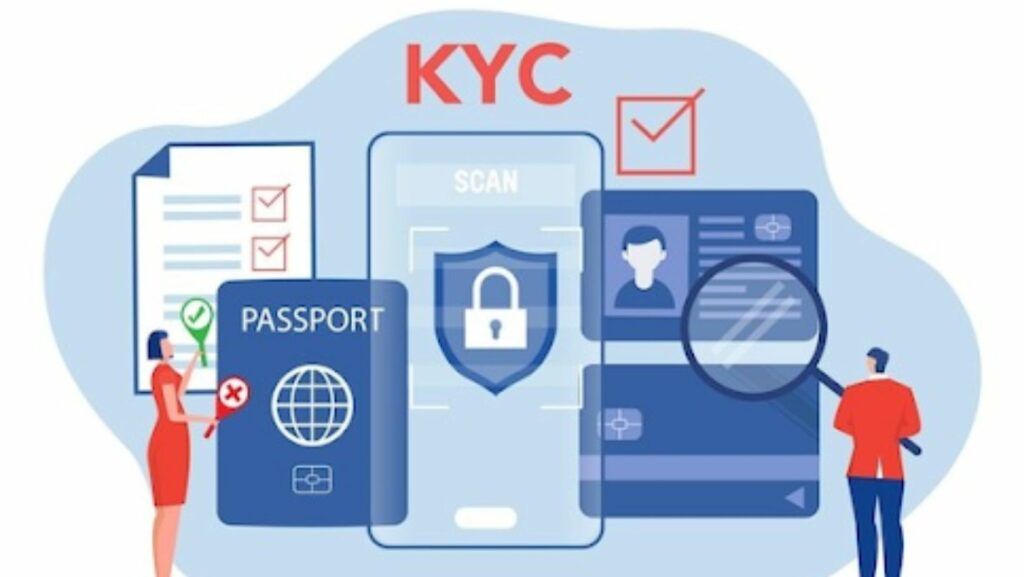Online casinos are gaining more popularity, being the most convenient, accessible, and flexible way of enjoying high-risk entertainment options. In the 2020s, the industry is becoming more controlled, with multiple authorities operating across the globe that require operators to guarantee full security, data protection, and fair conditions. KYC policies are the global standard that all licensed online casinos adhere to. While many users unwillingly share their personal details with gaming platforms, registration is a mandatory process, so skipping it is impossible. Learn what you need to join the chosen platform and how companies use these details.
Why Gambling Sites Need Users’ Personal Information
As mentioned, online casinos are strongly regulated in multiple jurisdictions. Transparency and fairness are the common requirements from different authorities, and guaranteeing them without learning more about customers is barely possible for operators. Gaming sites are legally required to conduct verification procedures to comply with KYC rules. In this case, both parties are protected and can enjoy smooth interaction.
Common Data Required for Registration
Although gaming platforms may have different conditions and requirements for customers, registration details are pretty much the same in all online casinos. When signing up, newcomers should ensure that they enter the correct information and don’t make mistakes. The most common fields to fill in include the following:
- Full legal name to verify your identity
- Data of birth for age checks
- Email address for communication
- Physical address to confirm your location
- Phone number for an extra security layer

Some platforms require users to add payment information, so they need to select their preferred banking method during registration. Users can change these details later, as all services are typically customizable.
Why This Data Is Necessary
Online casinos don’t collect information just for fun; instead, they have a clear purpose of learning more about their players and providing a transparent environment. Eliminating fraud is important in a high-risk sector, which is one of the main points to consider. Compliance with international requirements and meeting legal obligations is also essential. Users typically want to join trusted online casinos with excellent reputations, so this point is a must in a quickly evolving digital sector.
Of course, the legal goals are critical when it comes to 1xBet registration and verification, but this process also holds significant benefits for customers. Personalization is important for thrilling experiences, and online casinos also gather personal information and preferences to send them exclusive deals and content that potentially meet their needs. Suggested games and bonuses according to your choices offer dynamic interaction with the service provider.
Privacy and Data Usage: What You Need to Know
Handling users’ personal information is an important part of online casinos’ operations. From their side, players often fear that their details will be used for fraudulent purposes. Understanding how gambling companies store user data is critical for smooth interaction. Encryption protocols are the basics, so players should never consider platforms that don’t use this protection technology. All details are stored on protected servers in an unreadable form.
While online casinos usually share this information with third parties, including payment processors, these points should be clearly indicated in the website’s privacy policy. In addition, gambling companies often use cookies to track your behavior on their platform, which helps with analytics and personalized advertising. Check their cookie policy to manage your preferences.
Key Cyberthreats Users May Face
Knowing the risks that they may experience when interacting with online casinos. Reputable platforms use advanced protection measures, but sharing personal details still carries some dangers. For example, if the website is undergoing a breach, players’ data becomes more vulnerable to fraud. Identity theft is another common problem: scammers target users’ information to use it for fraudulent purposes.
Creating strong passwords has long been a solution for the problem, but criminals have also become more innovative. In 2025, many platforms offer additional safety layers by implementing two-factor authentication and biometric identification. Joining only reliable sites remains a critical point to stay protected. Illegal online casinos may sell customers’ data or misuse it for spam or scams.
Ways to Protect Yourself During Registration
As mentioned, selecting reputable online casinos should be the top priority for online gambling enthusiasts. Double-check reputation, licensing availability, security measures used, and real player reviews. Evaluating these details helps you understand whether the website is worth a try. If something seems suspicious, it’s highly possible that the operator is a scammer and only aims to steal users’ personal data and funds.
Besides, experienced users recommend creating strong passwords and enabling 2FA. The latter option implies that the online casino sends a one-time code during each login, which members should enter to access their profiles. Monitoring your account is also a worthy solution: sometimes, third parties intervene in the process without users noticing it. In this case, players may see deposits or actions that they haven’t done. Such instances should be immediately reported to the site’s administration. Reputable casinos quickly resolve problematic issues, but keep in mind that your account can be frozen for some time.

